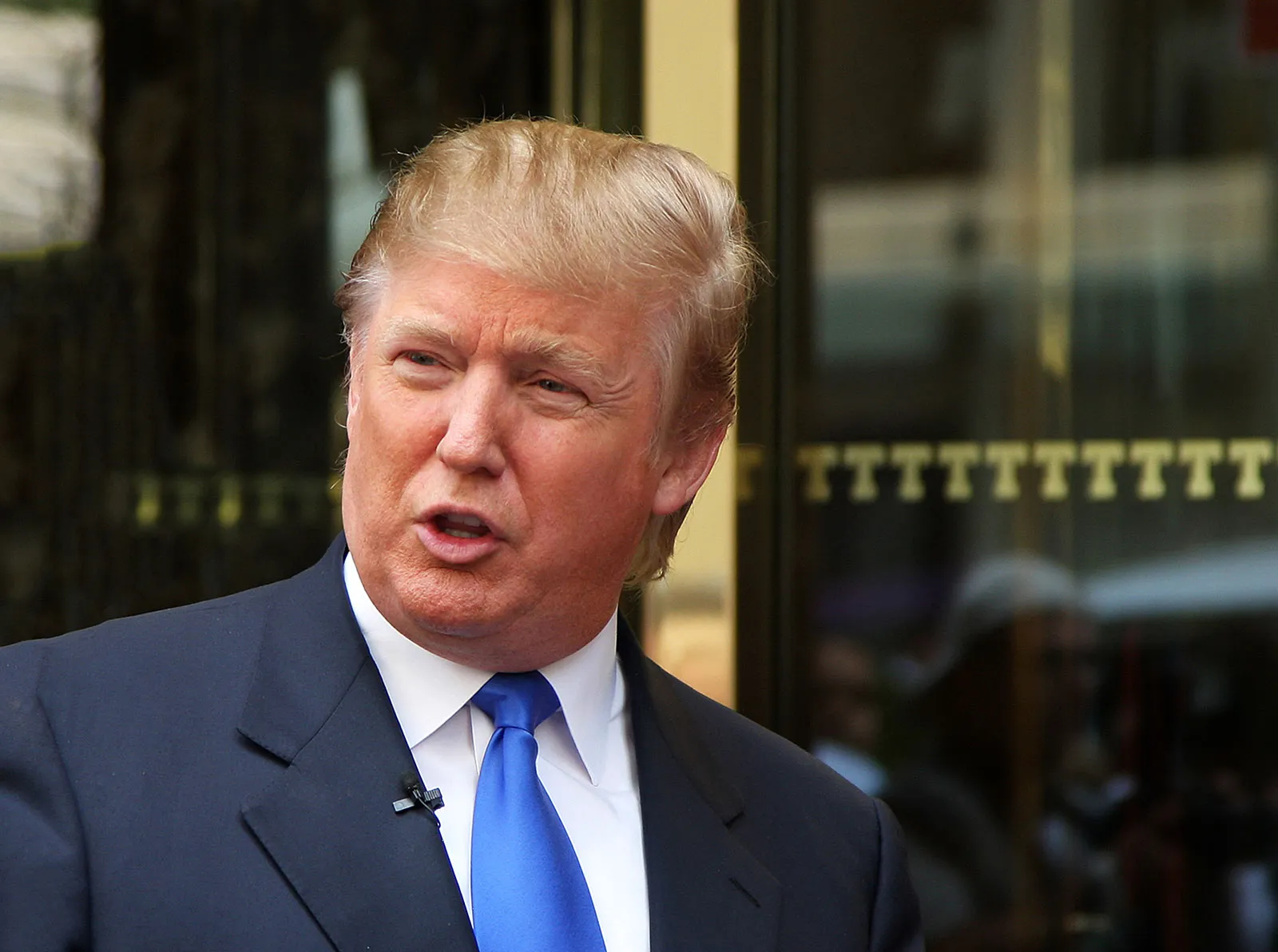Former President Trump’s reluctance to commit to accepting the results of the 2024 election is causing a dilemma for GOP lawmakers, especially those aspiring for leadership roles. Senators John Thune and John Cornyn, who are seeking to become the next Senate GOP leader, have pledged support to Trump, but they previously opposed his attempts to overturn the 2020 election results.
Other Republican senators, including Tim Scott and potential running mate for Trump, have also avoided committing to accepting this year’s election results. This puts them in a challenging position as they seek Trump’s support while navigating their previous stance against his baseless election fraud claims.
GOP strategist Brian Darling believes that Trump will likely claim widespread cheating if he loses the election to Biden, similar to his actions after the 2020 election. However, he warns that such claims could discourage Republican voter turnout, posing a challenge for the party.

Thune and Cornyn, following McConnell’s lead, rejected Trump’s election fraud allegations in 2020. They emphasized focusing on future elections rather than dwelling on past disputes. Now, with McConnell stepping down as leader, they must decide whether to maintain their stance against unfounded claims of election fraud.
The issue of election integrity has gained renewed attention, with Trump refusing to commit to accepting the election results unless he deems them fair. This reluctance has left other Republicans grappling with whether to accept the outcome.
Senator Scott, when pressed on accepting election results, declined to give a clear answer, instead expressing confidence in Trump’s victory. Thune and Cornyn have urged their party to move forward and focus on future elections, emphasizing that dwelling on past controversies is not a winning strategy.
As the 2024 election approaches, Republicans face the challenge of maintaining unity within the party while addressing concerns about election integrity raised by Trump and his supporters. The outcome of this debate will have significant implications for the GOP’s future direction.
